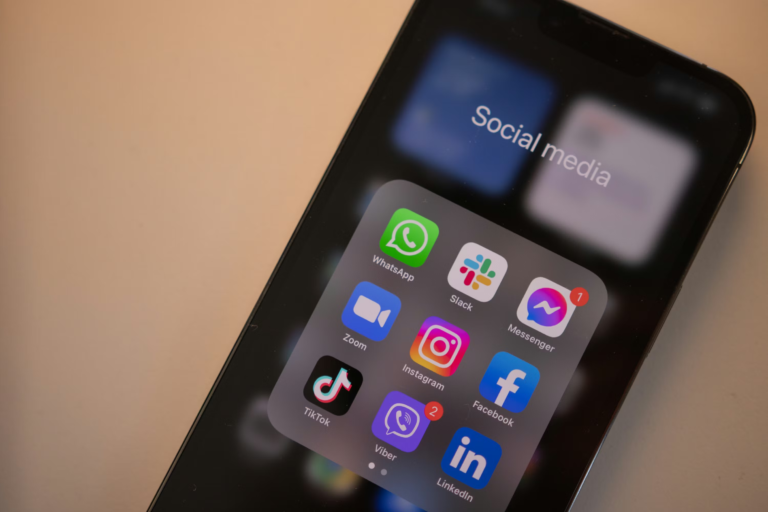Are you one of those people who feel awful about using social media for long periods but can’t seem to do anything about it? Well, according to TED, 5-10% of internet users is mentally addicted to the internet and has very little control as to how much time they devote online, juggling various applications.
We are becoming true addicts as a consequence of our use of smartphones and social media. Almost all of the time, we notice that social media sites merely encourage and, in some cases, replace face-to-face interactions with the thrills and instant gratification of online communication. What if you knew there was a dark side to this benign social trend?
Researchers have found that the very same portion of the brain that is stimulated when people eat their favourite chocolate or receive money was also triggered when teenagers saw a bunch of reactions and feedback on their or their friends’ photographs. The nucleus accumbens, our brain’s reward centre, brightens when we earn online likes. Excessive use of this form of interaction will teach the brain to release reinforcing chemicals in the same way as drugs, shopping, gambling, and other addictive behaviours do. To make this situation worse, the reward centres are mostly involved while we are describing ourselves. People speak about themselves 30-40% of the time in real life. Since social media is all about displaying your life, people have started tweeting about themselves 80% of the time. Our brain releases dopamine as we receive feedback. Short-term dopamine-fueled feedback loops are undermining society’s ability to function. In the form of cell phones, we now bring a dopamine stimulator with us everywhere we go.
Our brain chemistry may be altered by excessive use of social media. Some believe that dopamine, serotonin, and oxytocin, also known as the “power trio of feel-good emotions,” are the key drivers of pleasure in our lives. Dopamine plays a role in reward, motivation, memory, concentration, and even body movement regulation. Oxytocin is a neurotransmitter linked to feelings of love, empathy, confidence, building relationships, and sexual activity. It served us well in the past and continues to serve us today, but there is a twist now. Unfortunately, many of our ancient groundbreaking biological systems are collapsing as a result of the gen-z, digital age. We’re getting fake oxytocin from social media.
The third primary chemical that regulates our mood, feelings of well-being, and satisfaction is serotonin. It influences the whole body. It aids digestion, sleeping, and feeding. The amount of serotonin in the brain is often disrupted as a result of social media use. 8 out of 10 teenagers are afraid of losing out on important events. Inhibiting the development of serotonin hormone, which contributes to depression, anxiety, psychological, and emotional disorders, invokes feelings of envy and the misguided perception that everyone else enjoys pleasant and more successful lives.
Too much of anything is terrible, and excessive use of social media is no exception. It is high time for us to prioritise our families, friends, and lovers over the virtual friends we have. We are just one-of-a-kind beings with no one else like us. As a result, before it’s too late, we must start taking good care of our brains and try to keep them healthy.








